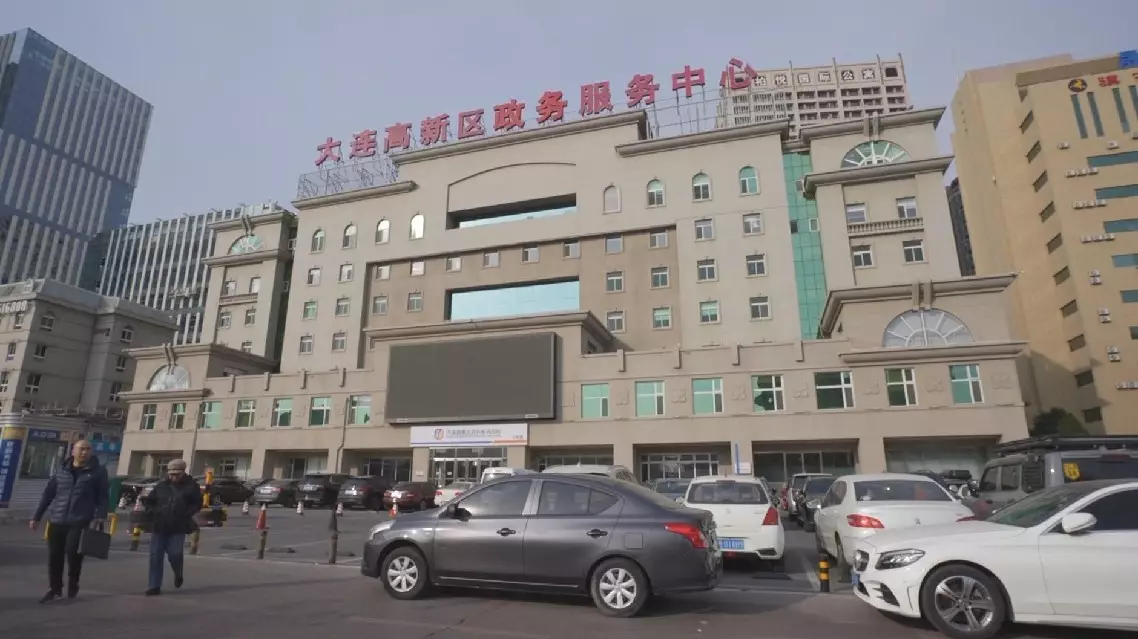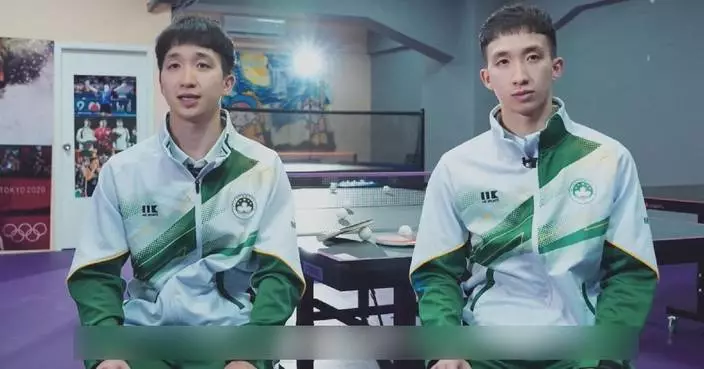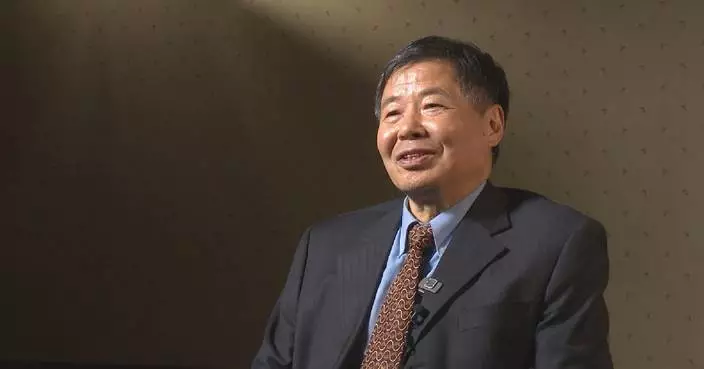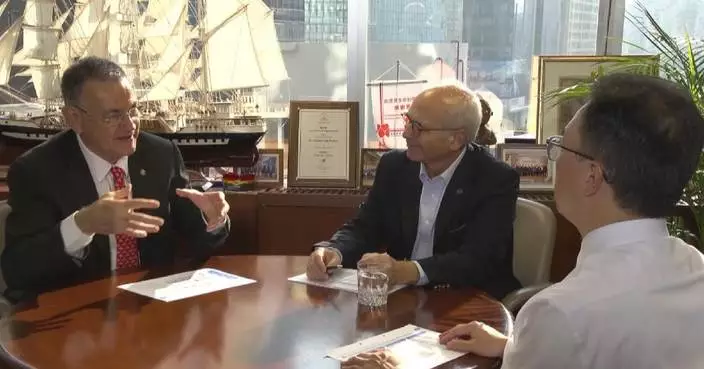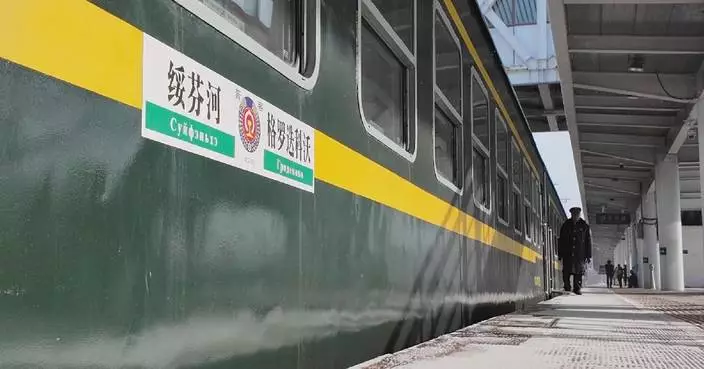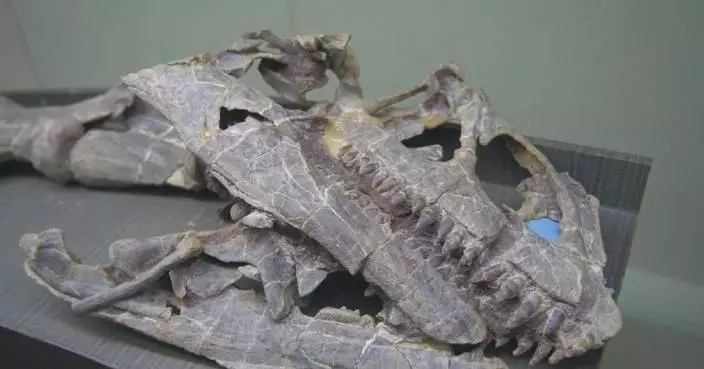A Seoul-based expert on Saturday criticized Yoon Suk-yeol's foreign policy as president, while hoping for a quick impeachment process so that South Korea could reinstate diplomatic relationship with major countries.
South Korea's Constitutional Court started a process Saturday to deliberate a parliamentary decision to impeach President Yoon Suk-yeol over his botched martial law declaration, Yonhap news agency reported.
Yoon's impeachment resolution was submitted to the Constitutional Court at Saturday 18:15 local time by Jung Chung-rae, chair of the National Assembly's Legislative and Judiciary Committee, the report said.
Yoon was officially suspended from his duties at 19:24 local time, the moment the impeachment resolution was delivered to his office, Yonhap said in another report.
Prime Minister Han Duck-soo will serve as the acting president until the Constitutional Court delivers its ruling.
The court now has 180 days to decide whether to approve the parliament's decision, a development that can trigger an early snap presidential election.
Moon Hyung-bae, the acting chief of the Constitutional Court, said he will convene a meeting of judges at 10:00 local time Monday, vowing to conduct a "swift and fair" trial.
"If the Constitutional Court does make the decision based on legal argument, rather than political sort of consideration, I would say in the final analysis, the democracy in South Korea is working. Having said that, I don't think the problem in South Korea is a problem of democracy, rather, as I said, is democracy, democratic means or institutions, how they are being used for good, or for political or personal interests of these politicians," said Rong Ying, a senior research fellow at the China Institute of International Studies and Chair Professor at Sichuan University, on Saturday on The Point with Liu Xin, a main current affairs program of China Global Television Network (CGTN).
"When you hear testimony that somebody was ordered to drag the legislators out of the parliament so that they could not vote, that would be very persuasive evidence that this was not simply a president acting on behalf of the best interests of the country," said Einar Tangen, a senior fellow at the Taihe Institute and Chairman of Asia Narratives, an online platform for Asian perspectives.
The impeachment motion on Dec. 4 concluded on Yoon's foreign policy, saying "Yoon has neglected geopolitical balance, antagonizing DPRK, China, and Russia, adhering to a bizarre Japan-centered foreign policy, and appointing pro-Japan individuals to key government positions, thereby causing isolation in Northeast Asia and triggering a crisis of war, abandoning his duty to protect national security and the people."
Seoul-based Haesun Kim, chair of Suntrans Global Asia, a consulting firm, also an expert advisor of Kangnam Labor Law Firm, criticized Yoon's foreign policy on the program.
"It's OK if we have a good diplomatic relationship with Japan, but neglecting other countries like China or Russia? Because we need diversified diplomatic relationship with other countries," said Kim.
"When the impeachment is accepted by the Constitutional Court, as soon as they decide and pass the decision, then we can have the election within 60 days to elect a new president. But as you know that, Trump will gain the (U.S.) government, and we need to deal with this new leader globally. We have to be very prepared, because all the other countries are preparing for the next government. We hope that this impeachment process can be settled very quickly and we have a new president, so that we can reinstate the diplomatic relationship with all these global leaders," said Kim.
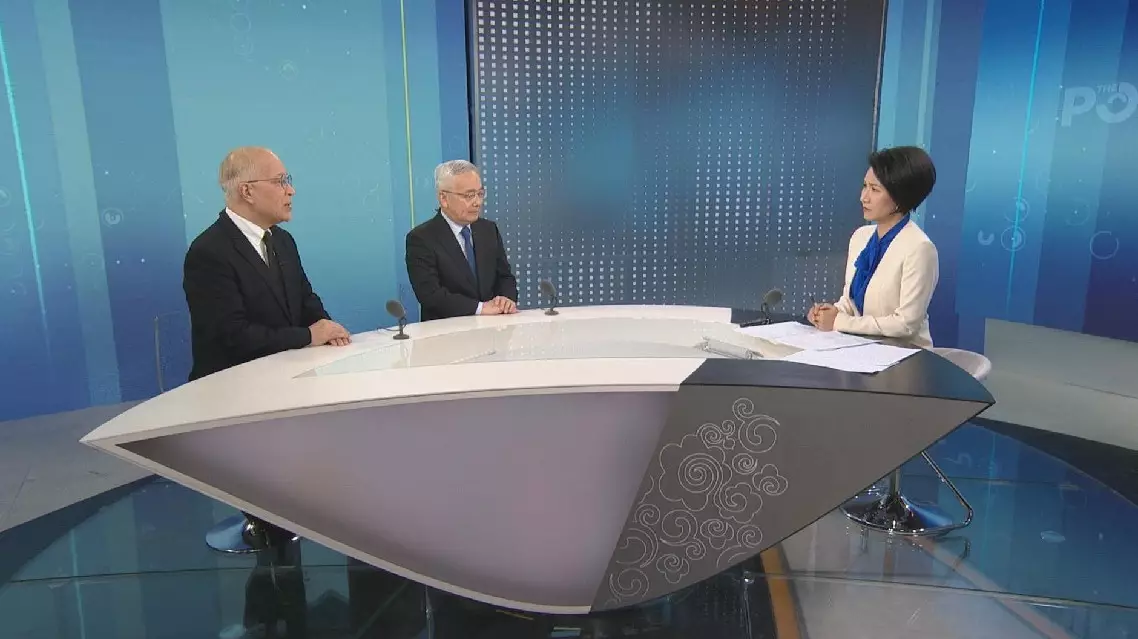
Seoul-based expert criticizes Yoon Suk-yeol's foreign policy for neglecting geopolitical balance


